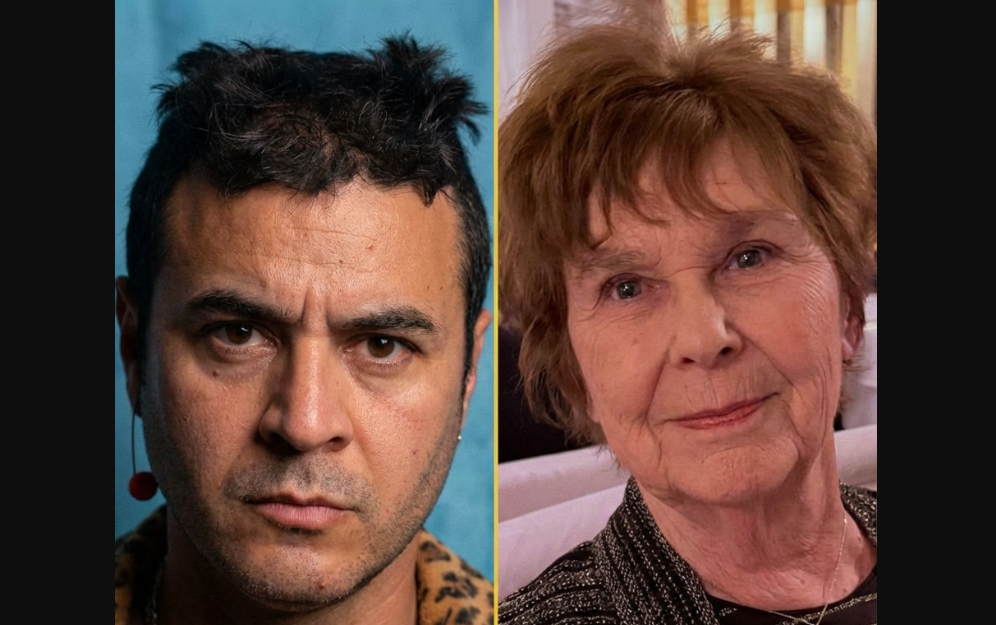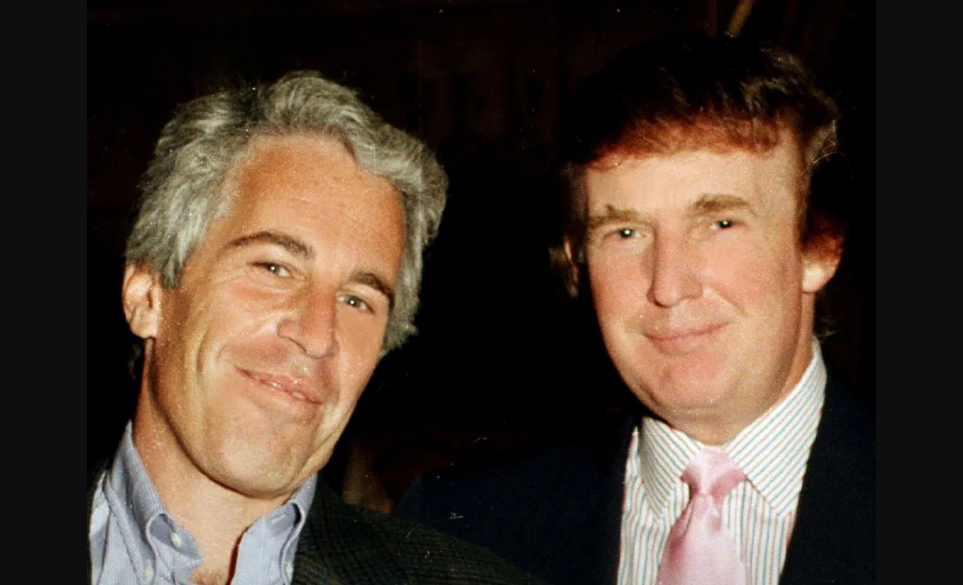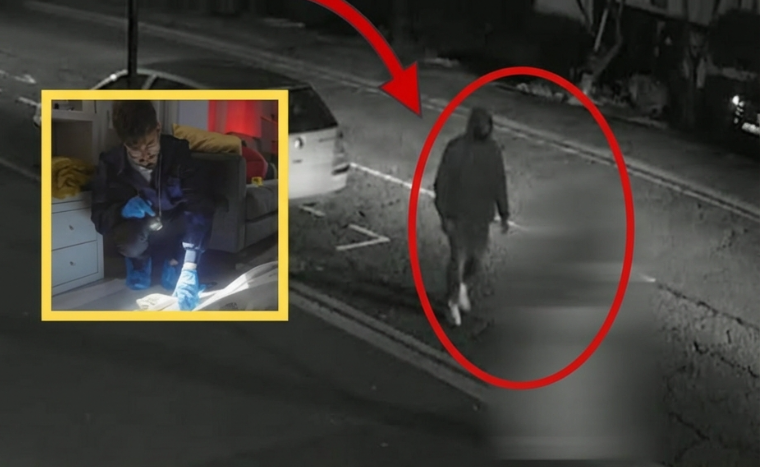When Samantha, a modest and unassuming woman, found herself seated in business class for the first time, she never imagined that her journey would involve becoming the target of a mischievous teenager’s antics and his father’s condescending laughter.
Yet, as fate would have it, their paths would intertwine in a way that neither could foresee, delivering a life-changing lesson to the arrogant father and his unruly son—one they would carry with them forever.
A few weeks earlier, I had received an unexpected letter in the mail. The contents were astonishing: a notification that I was eligible to claim a share of my late great-aunt’s estate.
As I settled into my business class seat, eager to enjoy the flight, chaos erupted nearby. A young teenager seated in the row ahead of me began acting up, deliberately drawing attention to himself. His incessant laughter echoed like nails on a chalkboard, and soon, crumbs and chips were scattered everywhere.
At first, I attempted to ignore the disruption, but when a handful of chips was flung in my direction, landing squarely on my lap, I had reached my limit.
“Excuse me,” I said firmly, “can you stop throwing things? This isn’t a playground.”
The boy turned to me with a smug grin and replied, “Relax, lady. It’s just chips.”
Embarrassed and seething with anger, I pressed the flight attendant’s call button. Thankfully, she acted swiftly, relocating me to a different seat. I couldn’t comprehend how anyone could behave so poorly and think it was acceptable.
By the time we landed, I had dismissed the unpleasant encounter, eager to move on with my day. I retrieved my luggage and headed straight to the attorney’s office to finalize the details regarding my inheritance.
Upon arriving at the office, I stepped into the waiting room and froze in disbelief. Sitting across from me were none other than the bratty teenager and his pompous father. The coincidence was almost too surreal to process.
They were here for the same inheritance. Out of all the possible scenarios, it had to be them.
A composed man named Mr. Thompson, the attorney handling the estate, entered the room and addressed us.
“Thank you all for coming. As per the late Ms. Harper’s wishes, her estate is to be passed down to one of her nieces’ or nephews’ descendants. However, she specified an unconventional method to determine the beneficiary: a coin toss.”
The tension in the room was palpable as Mr. Thompson held up a shiny silver coin.
“This coin will decide the outcome,” he announced, flipping it into the air. The coin sparkled under the light, landing on the table with a soft clink.
Richard, the boy’s father, turned an alarming shade of red. “This is absurd!” he yelled, slamming his fist on the table. “I need that money! I have debts to pay. This isn’t fair!”
“I’m afraid the decision is final,” Mr. Thompson replied calmly.
Desperation etched itself onto Richard’s face. “You don’t deserve it,” he sneered at me. “You didn’t even know her! I’ve got real problems—real bills! This was supposed to be mine!”
The coin lay still on the table, heads up. I stared at it, scarcely breathing. I had won. The inheritance, along with everything it entailed, was now mine.
As I processed the moment, Richard’s son, Dean, seemed to shrink into his chair, his earlier cockiness completely evaporated.
“Enough, Mr. Gray,” Mr. Thompson said sharply. “The terms of the will are clear. I recommend accepting them with dignity.”
But there was no dignity in Richard’s defeat.
Later that evening, as I sat alone in my hotel room, I reflected on the day’s events. Winning the inheritance was significant, but witnessing karma unfold in real time was an even greater takeaway.
Despite being mocked, dismissed, and treated as inferior by Richard and Dean, I walked away with more than just the estate. I left with the profound understanding that true worth is measured not by how others treat you but by your ability to rise above their pettiness.






